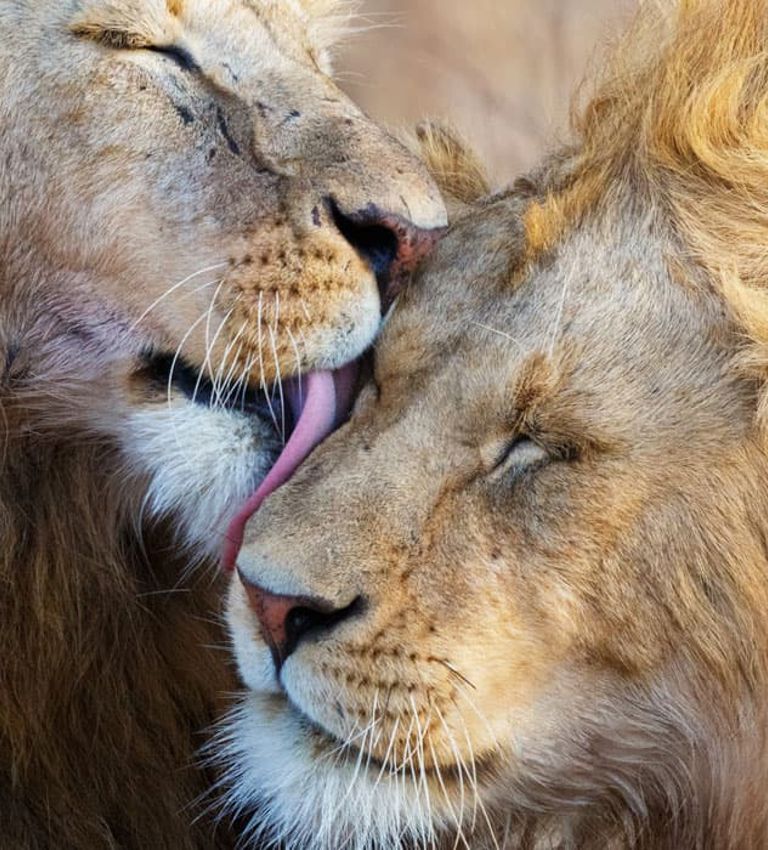
Meet the organisations protecting our wildlife
We introduce the organisations behind the Protecting our Wildlife campaign and the important work they have been achieving.

We introduce the organisations behind the Protecting our Wildlife campaign and the important work they have been achieving.